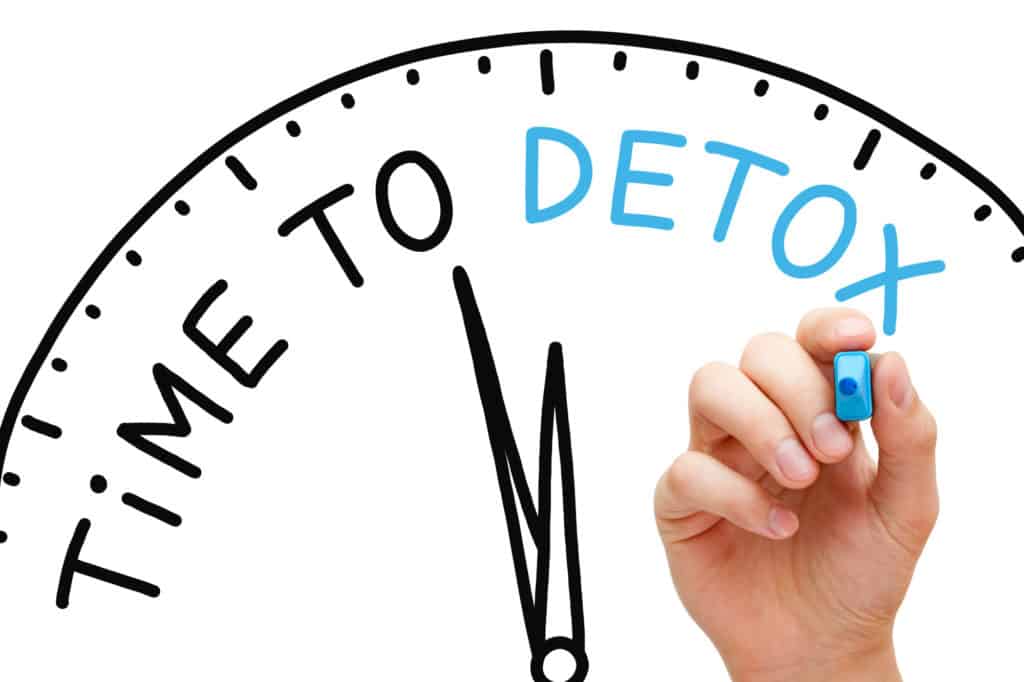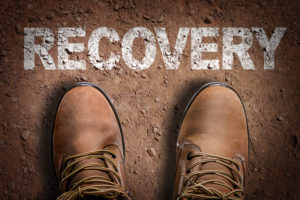For many addicts, it’s hard enough to imagine a life without a fix. Throw in the prospect of unpleasant withdrawal symptoms and it’s easy to see why going through the detox process can seem very daunting.
The future is much brighter when detoxification is managed by experienced professionals. The job of medical staff is to keep the patient safe and give them the best chance of success.
How a plan is developed will depend on which drugs a person has been using and for how long. Here’s what to expect.
The Risks of Detox Without Professional Help
Going it alone is never a wise option. It can in some instances lead to fatality. This is especially the case if a person is a long time alcohol abuser, benzodiazepine user, or is coming off large doses of methadone.
Withdrawing from cocaine, amphetamines, and nicotine can cause severe problems. Seeking medical help is important. Relapse is one of the most serious complications and is more likely to happen if a person has insufficient support.
The body loses its tolerance to the abused substances. When these are then put back into the body at similar levels to those during the addiction period then there is a real risk of an overdose. This can lead to death or other serious side effects.
Withdrawal Dependencies
When drugs enter the body they remain active for varying lengths of time. This is known as the drug’s half-life and refers to the withdrawal timeline of a given substance.
There are other dependencies to consider as well. These include how long a person has been abusing a substance and in what quantities. How the drug was abused, for example by snorting, injecting, swallowing or smoking is also a consideration.
A person’s family history and genetic makeup also need to be taken into account along with their physical and mental health.
A General Timeline Guide
Different people will need help tailored to their own individual situation. The following is simply a general overview of the timelines related to some of the best-known drugs.
Heroin
Withdrawal starts during the first twelve hours after the last fix. This will reach its highest point within one to two days. Major symptoms can last up to a week and in some cases for many months.
Opiates (Morphine, Vicodin, and Oxycontin)
Withdrawal begins in eight to twelve hours for most opiates. It will peak in twelve hours to two days and then normally lasts between five and ten days.
Methadone
Withdrawal starts in the first day or two, will peak in the first few days and last between two and four weeks.
Benzodiazepines (Xanax and Valium)
Withdrawal can start within one to four days. It will peak at some point during the first two weeks. There are cases when it can last for years without appropriate treatment.
Alcohol
Withdrawal normally starts between eight hours after the last drink and up to a few days. It will peak from between one to three days and may last several weeks.
Physical and Psychological Effects
When withdrawing from opiates and opioids, including heroin, there are common side effects. These include flu-like symptoms and psychological problems.
Early in the detox process, a person may experience muscle aches, fever, anxiety, and insomnia. Further down the line, a patient may have symptoms such as nausea, diarrhea, and abdominal cramps.
Some opiates and opioids can be replaced with other drugs during detox. This can make the withdrawal process more comfortable but will mean dependency on the prescription drug.
Withdrawing from these will be much easier than detoxing from opiates or opioids. It’s important that this entire process is monitored and managed with professional help.
Withdrawal Symptoms from Benzodiazepines
During the withdrawal process, the brain tries to restore the balance of certain chemicals. This can be unpleasant and in certain cases very dangerous.
In the acute phase of withdrawal, a person may experience panic attacks and tremors. They may also have disturbed sleep, nausea, and an irregular heart rate. More serious side effects can include delirium and seizures.
Adverse psychological symptoms like anxiety can carry on for months if not years in a small percentage of addicts. The right therapy and mental health support can help manage this.
Coming off Alcohol
One in twelve Americans battles some form of alcohol abuse. How serious the withdrawal symptoms are will depend on how heavily a person has been drinking and for how long.
Around four percent of those withdrawing from alcohol addiction may experience delirium tremens. This is known as the DTs. This can include symptoms such as fever, confusion, and hallucinations. Medical intervention will be essential.
Normally the withdrawal process is at its most intense during the first few days. Cravings and emotional side effects can though continue for much longer. Other symptoms can include anxiety, headaches, insomnia, mood swings, and depression.
A Vital First Step
Withdrawal can be dangerous and unpleasant but it is a brave first step to a better future. It is crucial that it is managed by medical professionals. They can tailor a program to suit each individual.
They can prescribe medication that may help during the process. They will also be able to provide emotional and psychological support.
The first aim of detox is to reach a good level of physical stability. That means any adverse psychological issues can then be treated. Addictive substances need to be withdrawn carefully to mitigate any negative impact.
Recovering drug addicts who stay in treatment are far less likely to relapse. The length of the treatment program is also important. There is no one simple ‘one size fits all’ solution. Many will need some form of continued support long after.
The Road to Recovery
A detox program can be the start of a better future. It’s a courageous move and not without difficulties. One of the most important factors is to ensure an addict has the right support.
Find out more here about the types of addiction treatmentwe are able to offer to all those in urgent need of help.










